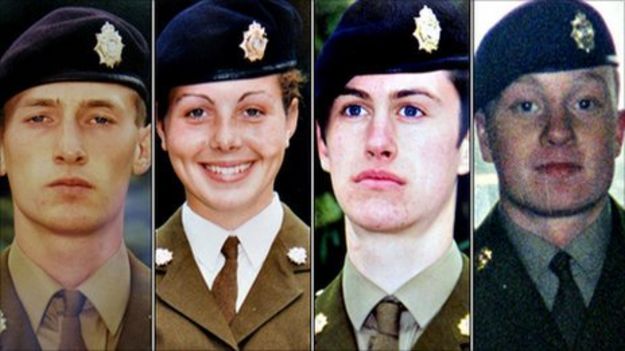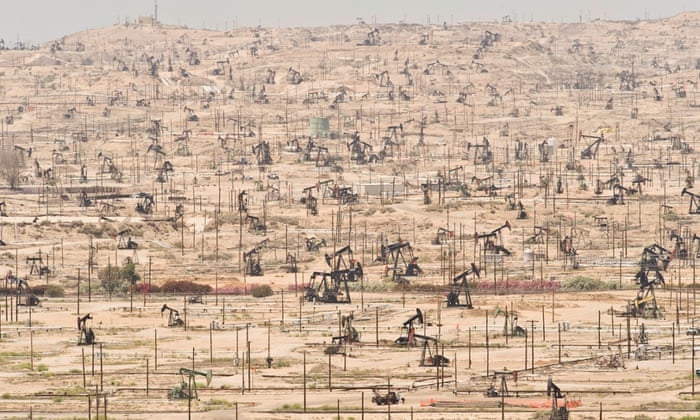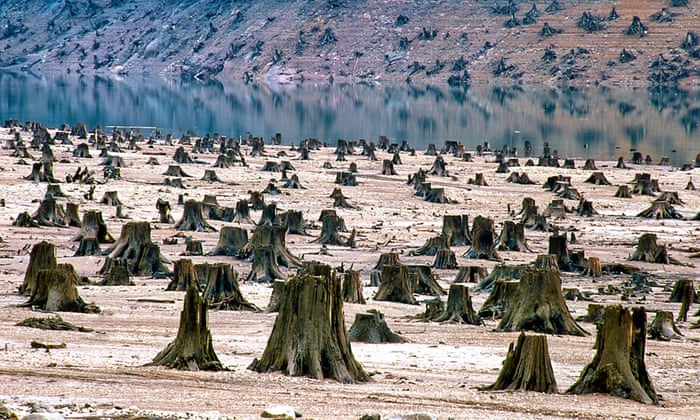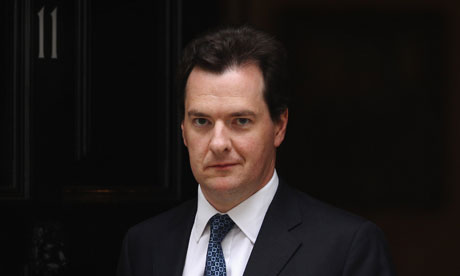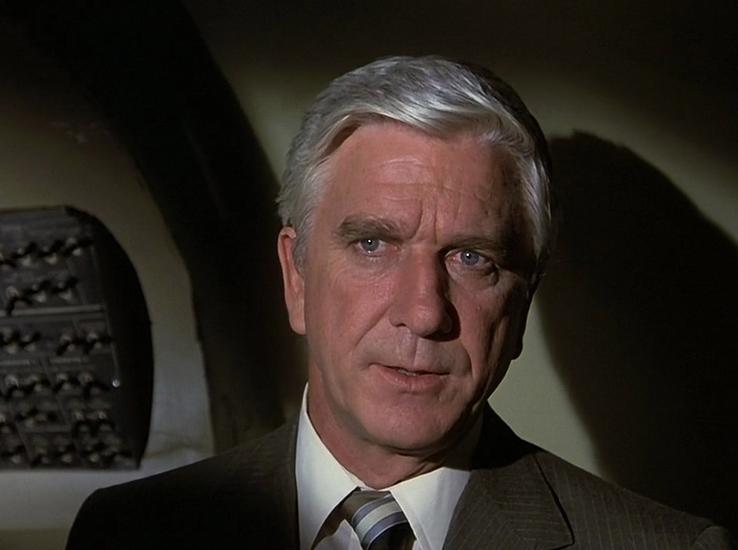You may well be aware that in the
next few weeks there are some extremely important talks on the future of our
planet happening in Paris. The COP21 Climate Summit is taking place with
representatives from all the governments of the world heading to the ‘City of Light’
to negotiate a lasting settlement on global CO2 emissions.
To say these talks are important
is like saying breathing is kind of handy for being alive. The science is in. The
data is clear. And even if these two things weren’t the case, the evidence of
our own eyes tells the story clearly enough. Floods, storms, heatwaves, forest
fires, droughts, species extinction. Man made climate change is threatening the
future of life on this planet – not just human life, all life.
We have been
playing with our giant chemistry set, the Earth, since the beginning of the industrial age
and now, as we pass the milestone of 1°C of warming with no end in sight, we are entering ‘uncharted territory’. 2015 is the warmest year on record and
temperatures are set to rise still further with 2016 predicted to be the first year in which the concentration of carbon dioxide in the atmosphere reaches 400 parts per million (ppm). It’s safe to say, no matter what we do, things are
never going to be the same again... This is our new ‘permanent reality’,
folks...
And I’ve lost you, haven’t I?
Let’s say you’ve got this far.
Let’s say that you actually clicked on the link to this blog and read this far.
I can pretty much guarantee that you are now thinking of something, anything,
else. I can pretty much guarantee that, no matter how concerned you are by what’s
happening, no matter how engaged you are in doing something about it, no matter
how much of an eco-warrior you consider yourself to be – you’ve still switched
off.
Because this is utterly
terrifying stuff I’m talking about here. It’s so terrifying and so huge that it’s
incredibly hard for us to stay engaged and not flee into our minds or bodies to
anything that brings us comfort. And, believe me, I’m not writing this to make
you feel guilty or to force you to change or become an eco-activist. I’m
writing this because I care passionately and with every fibre of my being about
what we’re doing to this beautiful planet of ours... and I want to run away
too.
I want everything to be alright.
I want to bury myself in DVD box sets and holidays in the sun and nice food and
a warm house. I want everything to stay as it is. And yet, the way things are
isn’t especially making me happy. In fact, most of the time, it makes me
miserable. So, why don’t I want to change it? Because I know this life. I know
this way of being. And the future... is really scary...
All of these issues and questions
are with me on a daily basis. I imagine they are with you too. And I can’t talk
about them because I feel like I’m bringing up God at an atheist’s convention.
I feel like I’m committing some kind of social faux-pas even to mention the
words ‘climate change’ or ‘global warming’. It’s just not cool (no pun
intended...). It’s tantamount to talking about death. We just don’t want to
think about it even though it’s the one absolute certainty that we all share.
Only now, climate change and all it’s consequences are running death a close
second and they may well catch up in the next few years. So, why the hell aren’t
we talking about it?
Fern and I share these concerns.
We are trying to live our lives by them. We are struggling to make our choices
by them – not because it makes us feel virtuous and smug but because it makes
us feel better. It makes us feel like we’re doing what we can. And also – and this
cannot be overstated – it makes us feel so much happier than all the activities
that the economic growth model of living wants us to partake in. So much
happier and more connected to our own souls and to other people.
Because we share these concerns
we wanted to go to Paris for COP21. We wanted to be there, with all the many hundreds of thousands of deeply concerned citizens from around the world who are making the trip to let their voices be heard. We wanted to be there so
badly... but we can’t afford the trip. And we wondered what difference two more
people would make. And we wondered if there were something we could do that was
closer to home; something that might directly impact our locality here in
Swansea; something that might connect us to other local people who feel deeply
concerned and can’t make it to Paris...
And that’s why, in collaboration
with many of our good friends, we are organising and hosting COP SWANSEA 1, 2 & 3. These three events are a space where, we hope, people will come
together to talk about this huge issue that hides under our daily lives without
being spoken of. We hope people will come and simply be with each other and
allow their fears to be heard. So often, when it comes to activism or marching
or protest, fear turns to anger. And as Yoda says, anger leads to hate and hate
leads to suffering.
We want to provide a space where
fear can be seen for what it is – and that fear can be shared and, together, we
can find a way to use that fear for positive actions and change. We’re not
stipulating outcomes, we’re not insisting that actions must come from these
meetings. We know they will and we trust that they will help in some small way
to alleviate the fears of those who attend.
We’re also going to show some
films – three extraordinary documentaries about the current crisis. Chasing Ice, The Age of Stupid and This Changes Everything.
I don’t know about you but I
usually avoid films such as these like the plague. Why? Because I’m terrified
and feel powerless and so often films like this only make me feel worse. But we
believe, in coming together and talking and sharing our fears, we can find our
way to something that enables us all to move forwards.
The direct inspiration for
showing films at the COP SWANSEA events came a few weeks ago when Fern and I
attended a screening of the film HOME by Yann Arthus-Bertrand at Swansea’s
Environment Centre – our venue for COP2. HOME is an extraordinary film
containing stunningly beautiful images of our world and the damage we are doing
to it. You can watch it free online in its entirety. See below. (I recommend watching it on the
largest possible screen you can... and having some tissues handy...)
Fern and I – and our friends Jo
and Yanis – sat and watched Home together with some forty other people. At
times I could barely bring myself to look at the screen, so painful and
heartbreaking was it to take in the images I was seeing. I found myself utterly
devastated by the film and, even when it tried to offer some sense of hope and
positivity in its final minutes, I remained locked in my grief.
When the film ended, the audience
sat in total silence. And then we instantly launched into announcements about all
the various actions and meetings we could go to in the coming days and weeks...
But we needed so much more than announcements...
We needed space. We needed time.
We needed to be together in our shock and grief. We needed to be able to cry.
We needed to be able to talk. We needed each other.
And so, that is what we intend to
do at COP SWANSEA 1, 2 & 3. We’re going to meet each other, show some films
and then we’re going to be together with however they make us feel. And we know
that out of that togetherness will come comfort, will come solace, will come
action.
We couldn’t make it to Paris. That’s
okay. We can still find ways to come together and let our voices – our fears
and hopes – be heard. We very much hope you’ll join us.
Tickets are on sale now. These
events are non-profit – all monies raised will go towards covering costs (film
licenses and venue costs).
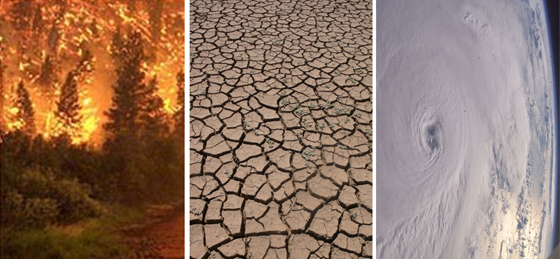


.jpg)




